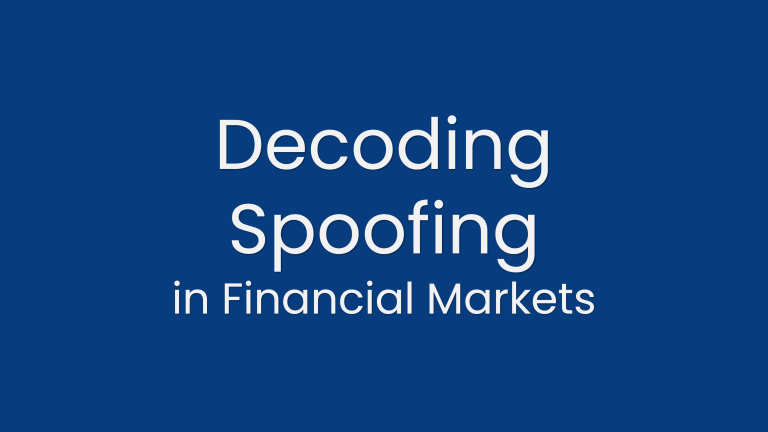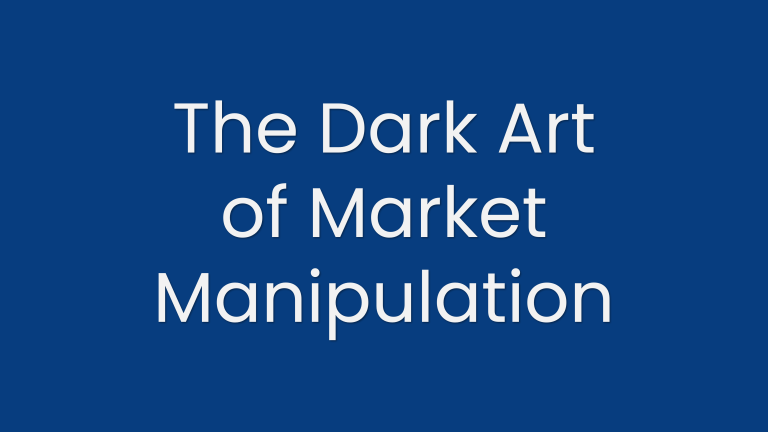Money laundering is a pervasive and insidious threat that undermines the integrity of financial systems worldwide. This blog aims to explore the nefarious practices of money laundering, its implications for global economies, and the crucial prevention mechanisms that governments, financial institutions, and regulatory bodies employ to combat this illicit activity.
Understanding Money Laundering
Money laundering is the process of disguising the origins of illegally obtained funds, making them appear legitimate. This complex and clandestine practice involves three main stages: placement, layering, and integration.
- Placement: Illicit funds are introduced into the financial system, often through activities such as smuggling, corruption, or drug trafficking.
- Layering: The source of the funds is obscured through a series of complex financial transactions. This may involve moving funds between different accounts, countries, or financial institutions.
- Integration: The “cleaned” funds are reintroduced into the legitimate economy, making it challenging to trace their illicit origins.
Common Money Laundering Practices
- Shell Companies: Criminals may establish shell companies to disguise the true ownership of assets and facilitate the movement of illicit funds.
- Trade-Based Laundering: Criminals manipulate trade transactions by over or under-invoicing goods and services, allowing them to move money across borders without raising suspicion.
- Cryptocurrencies: Digital currencies can be used to obscure transactions and facilitate money laundering due to their pseudonymous nature.
- Real Estate Transactions: Illicit funds may be invested in real estate, as the purchase and sale of properties can provide an avenue for legitimizing illegal proceeds.
Implications of Money Laundering
- Undermining Financial Systems: Money laundering weakens the integrity of financial systems, eroding trust and compromising the effectiveness of regulatory frameworks.
- Funding Criminal Activities: Money laundering enables criminal organizations to fund illegal activities, including terrorism, human trafficking, and drug trade.
- Global Economic Impact: The widespread nature of money laundering has implications for the global economy, leading to increased regulatory burdens, economic imbalances, and distorted market dynamics.
Prevention Mechanisms
- Anti-Money Laundering (AML) Regulations: Governments and regulatory bodies implement AML regulations that require financial institutions to establish robust systems for customer due diligence, monitoring transactions, and reporting suspicious activities.
- Know Your Customer (KYC) Procedures: Financial institutions are mandated to implement stringent KYC procedures to verify the identity of their customers, ensuring transparency and accountability in financial transactions.
- Transaction Monitoring: Advanced technologies are employed to monitor financial transactions in real-time, flagging and investigating unusual or suspicious activities.
- International Cooperation: Given the transnational nature of money laundering, international cooperation among governments, law enforcement agencies, and financial institutions is crucial for effectively combating this illicit practice.
- Blockchain Technology: The use of blockchain technology is being explored to create transparent and immutable transaction records, reducing the anonymity associated with traditional financial systems.
Conclusion
Money laundering poses a significant threat to the stability and integrity of global financial systems. Through collaborative efforts, stringent regulations, and the adoption of advanced technologies, the global community can work towards mitigating the impact of money laundering and creating a financial landscape that is transparent, accountable, and resilient against illicit financial activities. The fight against money laundering is ongoing, and continuous vigilance and innovation are essential to stay one step ahead of those seeking to exploit the vulnerabilities of the financial system for their illicit gains.





